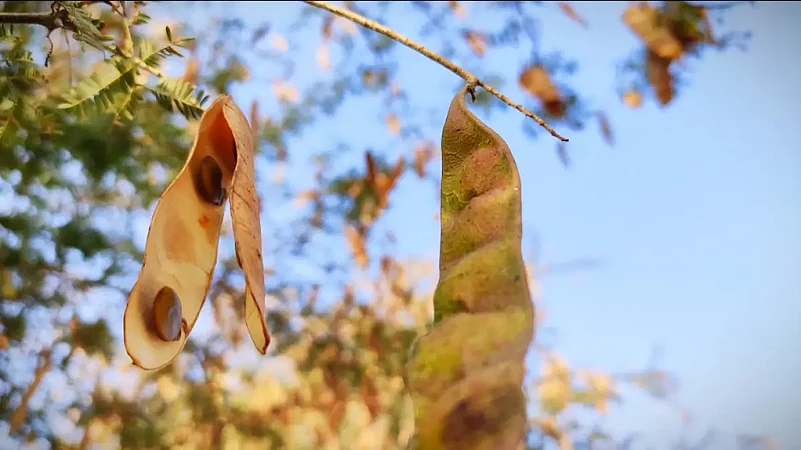From language to cultures - there are annals about India’s diversity writ in bold. At the heart of everything we hold close is our love for food; the aroma from warm hearths wafts in the air, a heady mix of history and meals. So heady, that we often forget that food has a large carbon footprint, and the menace of ever-growing fast food businesses that contributes the lion’s share to this problem.

However, India’s rich traditional and local edible biodiversity, with its focus on home cooked food, presents a ray of hope. Indian members of Relais & Chateaux, in partnership with Slow Food International, hope to bring back our forefathers’ wisdom when it comes to eating, through the Slow Food movement, which started in the 1980s and aims to bring to fore the connection of plate with people and the planet. Calling for the protection and promotion of traditional techniques associated with regional food cultures is Jaisal Singh, owner of SUJAN group of hotels.
On how Sujan Jawai, a luxury safari camp in Rajasthan, came to be a part of the Slow Food movement, Singh says, “After Relais & Châteaux presented its Vision with 20 commitments for a better world in 2014 to UNESCO, we were looking for changemakers to partner with that had the same values we do. Slow Food is a global grassroots organisation working to prevent the disappearance of local food cultures and traditions involving millions of people in over 160 countries. There is no other organisation like it, and we are so proud to work with them to preserve culinary heritage and biodiversity.”

Seeds of the Future
From a family that has immersed itself in wildlife conservation and local community engagement, Singh participated in the Food For Change campaign, an annual event that promotes usage of traditional foods that are in danger of vanishing. They nominated Kumatiya seeds to the Ark of Taste, an online catalogue of over 5,500 foods facing extinction. The seeds were eventually included in the ark and are also incorporated in the menu at Sujan.

“The next generation of Indian millennials are returning to what India’s culinary heritage has always stood for, home grown, locally sourced, fair trade ingredients cooked using traditional methods that have been passed down generations. At Sujan Jawai, we plan to showcase the Kumatiya through one of the most popular recipes we make here at camp – Kumatiya Kadhi. We have successfully rewilded large sections of the Jawai wilderness with indigenous trees, and notable among them is the Kumatiya. Our team, and the local villagers are free to take the seeds from us as we encourage them to keep growing the Kumatiya and keep up the tradition and heritage of the plant by continuing to use it for cooking,” Singh says. The aim? To create a local market and inspire the community to preserve their food heritage.
Slow Food and Sustainability
Relais & Châteaux members in India also focus on the Slow Food movement with the idea of sustainability as one of the key pillars of their core beliefs. Jaisal Singh elaborates on how Sujan, through its conservation tourism model, has proven that a responsible, environmentally conscious hospitality is possible even in the face of grave challenges. “Since the first Sujan camp opened 21 years ago, we have always been committed to a zero waste policy and every strand of our operations has ensured that we operate in a way that our sustainability policies do not compromise our service and experience that we offer. From reharvesting water, to waste reduction initiatives and recycling programmes, ensuring zero waste has always been at the forefront of our operations,” Singh opines.

The Slow Food movement is now gripping the Indian market, and as it gains momentum, the onus of promoting a sustainable and ecological local gastronomy falls on the hospitality industry at large. Svatma, another Relaix member from Thanjavur, also nominated a local ingredient, Seeraga Samba rice, to the Ark of Taste, and aims to promote its conservation. Jaisal Singh feels these efforts may not be in vain if we act with haste against industrialisation of food. “We lose centuries of expert knowledge and cultural traditions; we lose choice, flavour and the varied landscapes and wildlife associated with traditional farming. In short, we lose biodiversity. It requires organisations and individuals to help create tangible results for the small-scale producers to work with us to revive these foods, and retain and sustain the local jobs surrounding these economies,” he says.


























